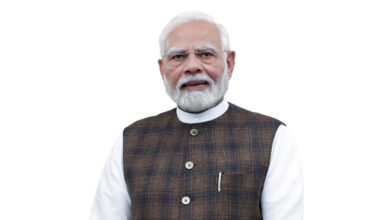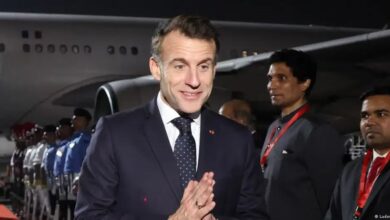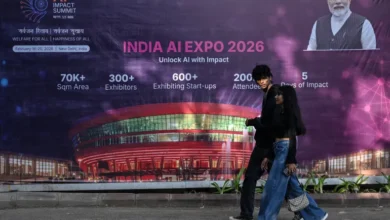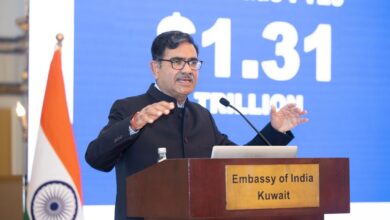Trump’s ‘25% tariff plus penalty’ upset India’s calculations
. . . but officials say rushing into a ‘bad deal’ is not an option
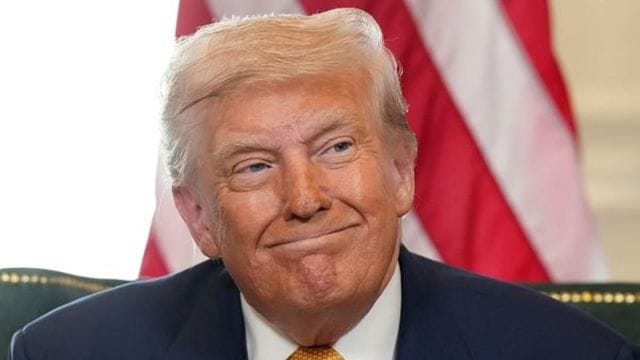
In a surprise move that has sent shockwaves through diplomatic and trade circles, U.S. President Donald Trump announced a 25% tariff on Indian imports, along with a looming penalty for India’s continued purchase of military equipment and energy supplies from Russia.
The announcement comes just one day ahead of the expected deadline to finalize key trade agreements between the two nations.
The announcement carries significant consequences for India’s global trade positioning — it places Indian exports at a disadvantage compared to competitors, especially in sectors where India previously relied on preferential access or lighter tariffs and it puts increased pressure on New Delhi to accelerate negotiations for an interim trade deal with Washington, in an attempt to mitigate further economic fallout, according to Indian news reports.
While Trump did not detail the exact magnitude of the penalty for India’s ongoing defense and energy transactions with Russia, previous statements suggest the penalty could be as high as 100% on certain imports.
This introduces fresh uncertainty into India’s strategic autonomy in foreign policy, particularly in maintaining its long-standing defense partnership with Moscow.
The announcement has disrupted India’s internal timeline for trade discussions with the U.S. The Indian officials were working with a tentative October deadline to conclude a preliminary agreement. With Trump’s latest move, that timeline may now need to be fast-tracked significantly, especially if retaliatory measures or further sanctions are in play.
Trump’s announcement challenges several assumptions that Indian policymakers had long held:
- That bilateral trade deals with Washington would involve reasonable compromises, acknowledging India’s developmental needs.
- That the U.S. would maintain a 10–20% differential in tariffs favoring countries like India over China, as a gesture of goodwill and strategic alignment.
- That American negotiators would respect India’s longstanding red lines, including opposition to genetically modified (GM) food imports and protection for India’s subsistence-level manufacturing sector, which employs millions and is crucial to its labor-intensive exports.
These expectations now appear uncertain, as the Trump administration appears intent on reshaping the trade landscape unilaterally.
In response, India’s Ministry of Commerce and Industry issued a brief statement, confirming that the government had taken note of Trump’s remarks and is currently studying their implications. At the same time, officials reiterated India’s commitment to continuing negotiations toward a fair, balanced, and mutually beneficial trade agreement.
The ministry emphasized that any deal must protect the interests of India’s farmers, small businesses, and MSMEs, suggesting that India will not compromise on issues critical to its domestic economy, despite growing pressure from Washington.








